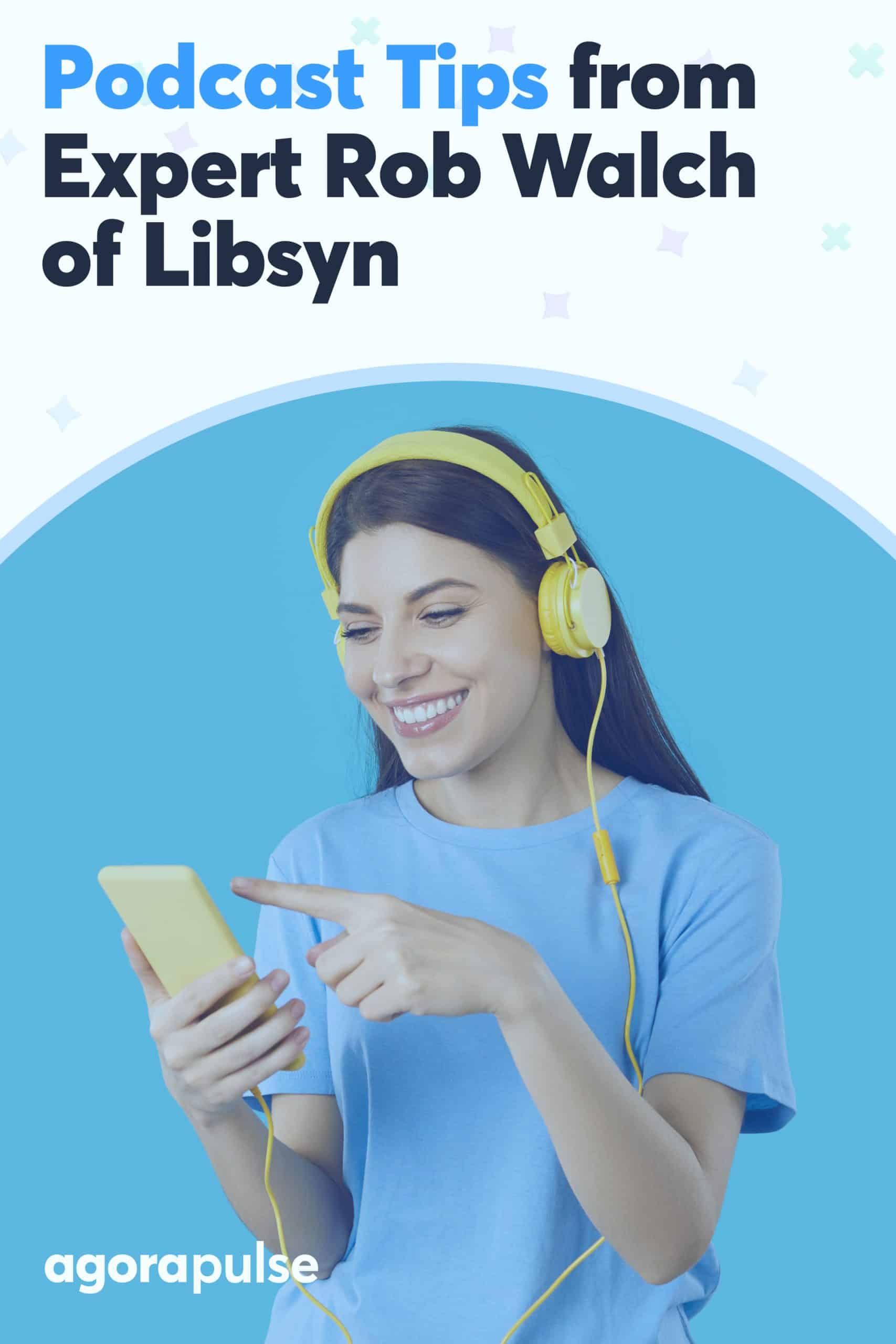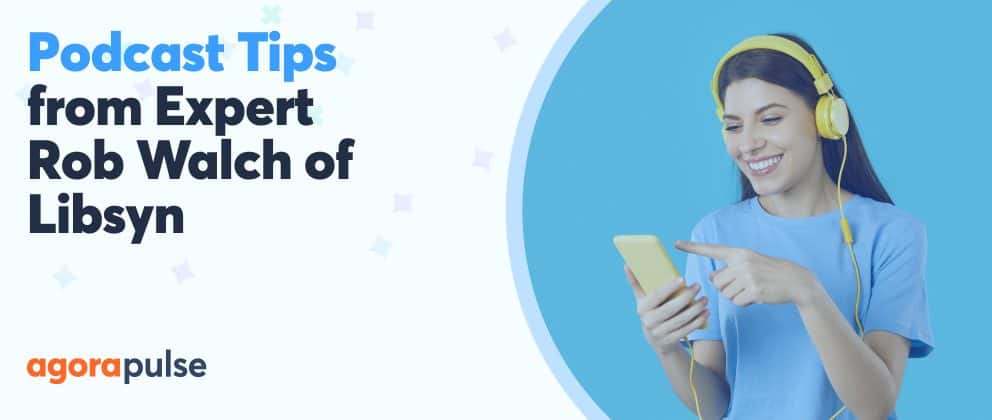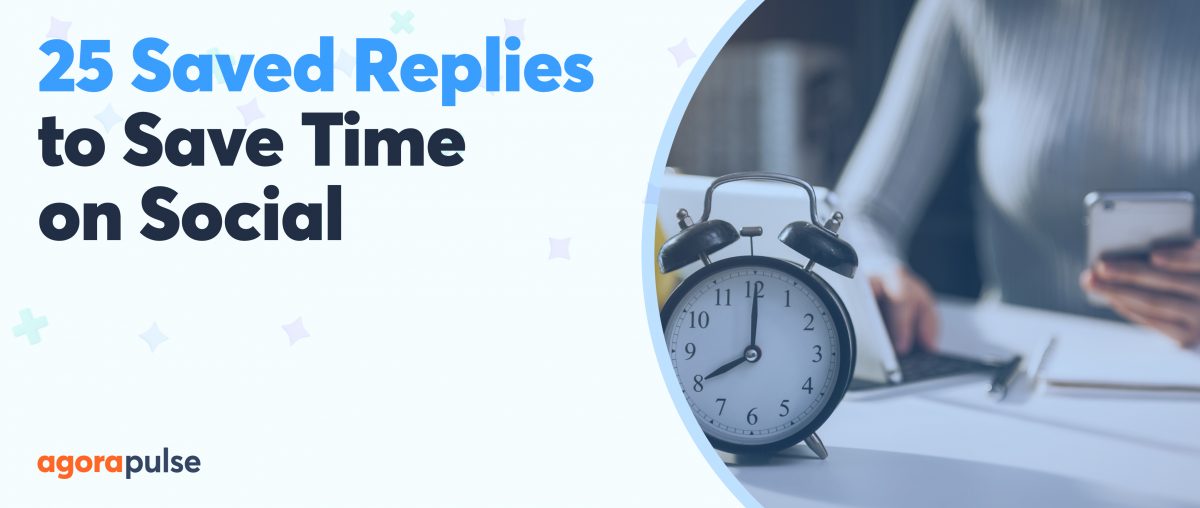Has the podcast explosion inspired–or hindered–you from adding podcasting to your marketing mix? Perhaps you need some sage podcast tips to give you that kick in the rear to get started.
Regardless of where you might fall on that “pumped or scared” spectrum, Mike Allton, host of the “Partnership Unpacked” podcast, invited industry expert Rob Walch to provide suggestions and motivation to get going.
Rob is the vice president of Podcaster Relations at Libsyn. At Libsyn, he partners with Fortune 100 companies like Microsoft, Google, and Oracle to ensure their podcasting success. Earlier in his career, he owned podCast411, Inc., where he consulted on podcasting for Tim Ferriss, Dave Ramsey, and the Sacramento Kings, among many other notables.
In this “Partnership Unpacked” episode with Rob, you’ll learn that podcasting success is less of a pipe dream than you’d think!
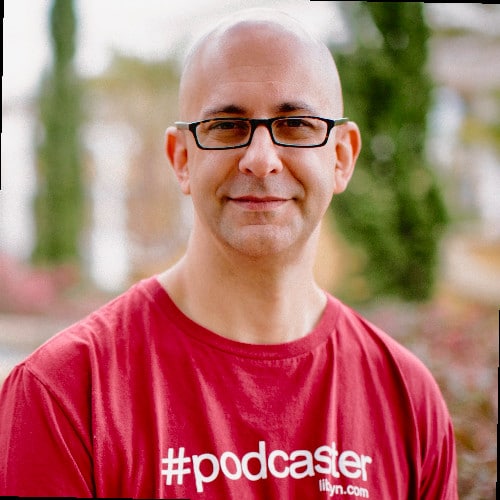
With over 17 years of podcasting experience, Rob Walch happily gives podcasting tips to the Partnership Unpacked audience.
With affordable equipment options, the power of voice, and the potential for strong partnerships, podcasting offers an exciting platform to share your ideas, stories, and expertise.
Follow Rob’s podcast tips for beginners to get up, running, networking, and cruising the podcast charts.
1. Understand the podcasting landscape
If podcasting is new to you, Rob lays down the space you’re about to enter. Good news: It’s less saturated than you think.
Here’s the reality of “Oh geez. There are already so many podcasts out there.”
Yes, there are. And no, there aren’t.
Rob breaks it down. Sure, it’s overwhelming to hear that over 2.4 million podcasts exist (and perhaps even more, according to these Podcast Index stats). But here’s the catch: only 260,000 of them are active. That means there’s a sea of shows with fewer than 10 episodes and no activity in the last 90 days. With some advanced planning and consistent motivation, your podcast can live long and prosper.
2. Build your podcast’s foundation
Rob relays the advice he gave his son, who wished to start a podcast but didn’t know where to begin. His fatherly advice to this podcast newbie (and you) is: It’s imperative to answer these two questions before you pull up to the mic.
- What do you want this podcast to be about? Get your elevator pitch down.
- What do you want to call this podcast?
Choosing a podcast name is more than a fun brainstorming session with friends at the pub. It’s an important search strategy.
A search-optimized show title significantly impacts your podcast’s discoverability, especially with Apple Podcasts. (Rob says Apple’s search only looks at the show title and author tag.)
Only once you get those answers in good shape should you move on to learn how to record, grow, and measure your budding podcast.
Related read: How to Create a Podcast: Step-by-Step Guide
3. Purchase equipment wisely
Speed Round Q: When you hear the word “podcast,” what’s the first visual that pops in your head?
For most folks, it’s the trusty microphone.🎙
So let’s get right to it. Rob explains that you can purchase high-quality recording equipment without a ton of cash. His budget-friendly picks include the:
The total spend for all three comes to under $500 USD. (Dare I say that’s a “sound investment?”)
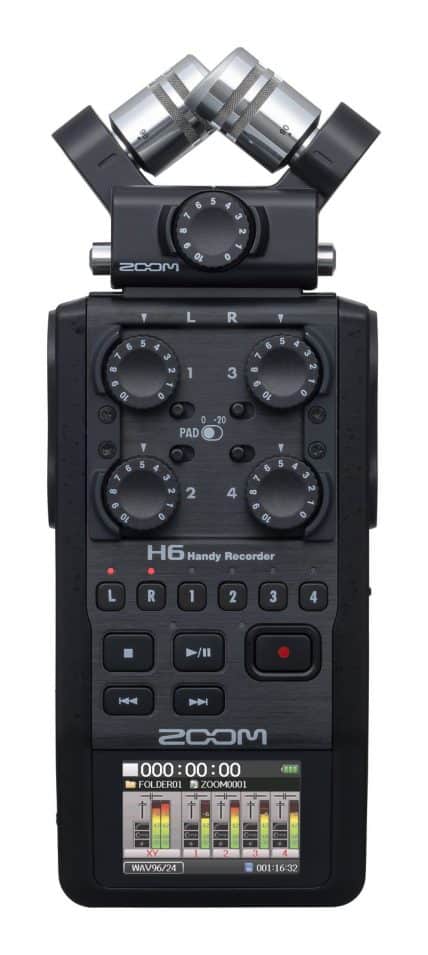
The Zoom H6 is Rob Walch’s pick for an affordable, top-notch portable recorder.
Rob advises going easy on getting other equipment. For example, you don’t need to pay for a designated studio or sound insulation. Simply start with a quiet room in your home to record your podcast–it’s where he successfully produced podcasts for 17 years before he had a studio.
If you’re worried about noise coming from other parts of your home, consider buying a “Quiet Please” door sign.
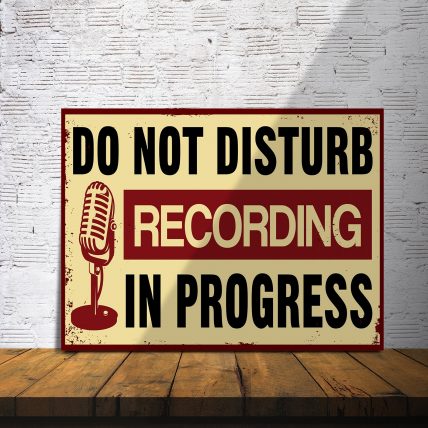
At just $13 USD on Etsy, this door sign is considerably cheaper than sound insulation.
4. Connect through your voice
Once you plug in your mic, what will you say into it?
Audio has an intimate nature that you can’t find on other content platforms. Just offering your voice enables you to connect deeply with your listeners. Rob’s podcast tip here? Tap into being literally “in the middle of the head” of your listeners.
Think of the most recent podcast episode you heard. How did their voices connect with you? How did they convey their storytelling through their vocabulary, use of idioms and industry jargon, cadence, pitch, and volume?
What can you take away from that episode’s storytelling assessment to apply to your own podcast?
5. Build strategic partnerships
Podcasts are a great vehicle not only for connecting with potential customers but also for connecting with potential and existing partners.
Inviting guests to appear on your podcast can help you build relationships with others in your marketplace or vertical. These interactions can open doors to potential partnership opportunities, such as joint ventures, collaborations, or co-marketing initiatives.
This podcast tip is especially useful when courting thought leaders in your space. If you don’t already have a relationship with them, inviting them to share their expertise on your show will optimize your chances of making that first connection. Rob elaborates:
“Which approach is most apt to get you a reply:
- Cold call someone and say, ‘Hey, I think you should use my marketing tool,’ or
- Reach out to that same person and say, ‘Hey, I think you’re brilliant. Why don’t you come on my show?’”
It’s been the latter by far for Rob, especially with “podCast411,” his show with 200+ episodes featuring the likes of Quincy Jones and Leo Laporte, among other luminaries.
And it’s not just Rob who’ve employed this tactic. Rob mentions that marketing visionary John Jantsch started “The Duct Tape Marketing Podcast,” with over 900 episodes to date, as a vehicle to interview potential clients.
Host Mike Allton admits the impetus for the “Partnership Unpacked” was to provide him with a channel to talk to and meet potential new partners for Agorapulse. (So far, it’s working!)
This approach can easily be used for existing partners as well. Getting current partners to appear on your podcast can reinforce your partnership and demonstrate the value you bring to each other. This often leads to enhanced loyalty and future partnership opportunities.
By inviting thought leaders and enthusiastic current partners to your podcast, you’ll likely receive the additional benefit of additional reach. After all, those guests are likely to share their appearances on your show with the followers.
Sign up now for a free demo from Agorapulse and start managing all your social like a pro!
6. Track realistic goals
If you’re starting your podcast with zero followers, you might wonder what “success” should look like for you. When defining the success of your new podcast, Rob insists you understand the following:
Podcast metrics shouldn’t be compared to social media or blog metrics.
It’s worth repeating that last sentence to internalize its message and to set realistic goals for your podcast. This is perhaps one of Rob’s most essential podcast tips.
Rob works with a major golf manufacturer client who has 6 million Facebook followers. They recently came to him distraught because they’d clocked only 50,000 listens per episode.
He explained that podcasts operate on a different playing field–with both good and bad news.
The bad news: Joe Rogan might be the only podcaster to get 6 million listens per episode.
The good news: This client’s rate of 50,000 listens per episode puts them in the top 1% of all podcasts. Again, a different playing field.
Rob gives another way to realistically look at podcast metrics. Here, he uses a “podcast versus real life” analogy. Some podcasters fret they have only 500 subscribers to their podcasts. But if they were to speak at an industry conference, a room of 500 seats would most likely be the keynote session.
With 500 subscribers, you might not be “Serial” or “Radiolab,” but you’ve made it. You are the keynote speaker.
And if you’re in a niche market, take that into account. For example, Rob has a client that has a show about hydro pumps. They’re not talking about true crime or celebrity gossip here. He encourages that client to aim for success at 200-300 subscribers.
How About These Podcast Tips?
Rob Walch has incredible experience with podcasts, far beyond what we could ever hope to have. So, when he tells us that getting started and finding success in podcasting is actually quite easy, shouldn’t we take his word for it?
In speaking with Mike Allton on “Partnership Unpacked,” Rob doles out podcast tips that alleviate fears many newbies in the podcasting world often have. He explains that the equipment you need doesn’t have to be expensive and that the competition isn’t as fierce as you might think.
Let Rob’s wisdom be the catalyst to propel you toward starting your own podcast. Unleash your creativity, share your voice with the world, and grow your business with your first podcast. You’ve got this!
Listen to Rob’s appearance on Partnership Unpacked on Spotify, Apple, Stitcher, or wherever you listen to podcasts.
Sign up for your free demo from Agorapulse now and manage your social media campaigns like a rockstar.
